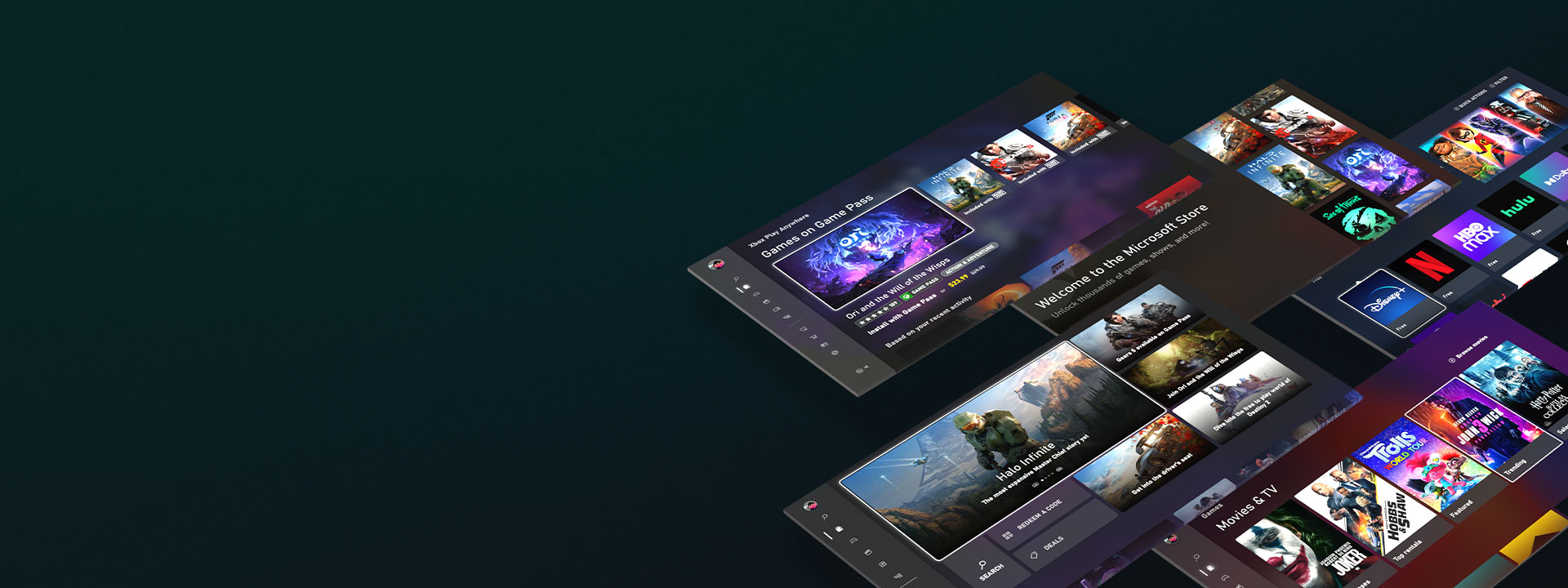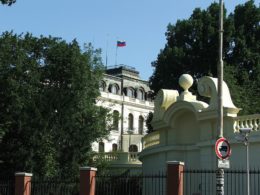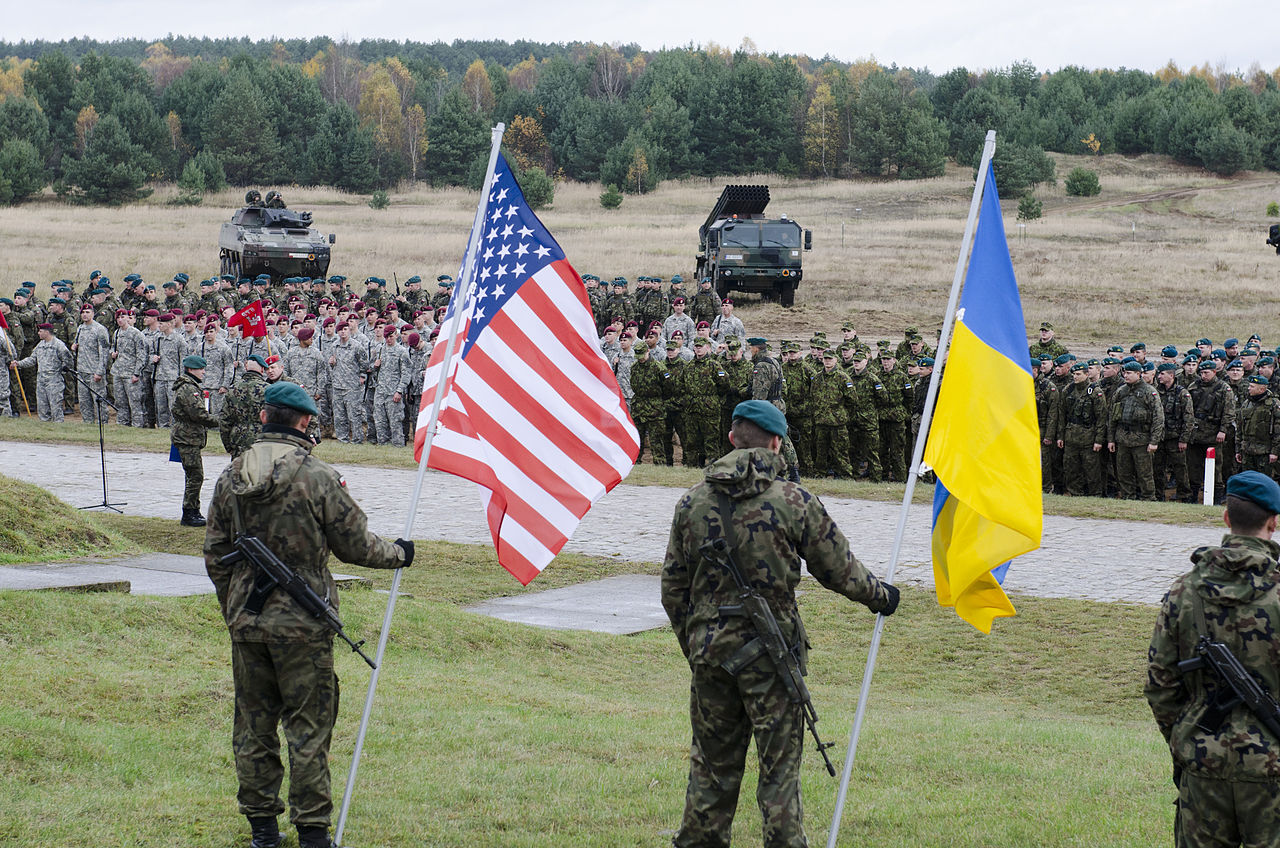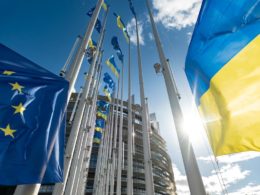The European Commission has proposed restrictions on video game sales to Russia in its 16th sanctions package against Moscow, Reuters reported on 29 January.
The European Union has announced its 16th sanctions package against Russia, set to be implemented on 24 February 2025, marking the third anniversary of Russia's full-scale invasion of Ukraine.
The new sanctions package will reportedly target 35 individuals and 19 entities, impose restrictions on LNG imports, expand bans on shadow fleet vessels, and introduce tariffs on Russian agricultural products.
The EU has been imposing restrictions against Russia in different sectors to weaken Russia's economy and military capabilities in response to its aggression in Ukraine since 2022.
The new measures in the 16th package would block sales of major gaming consoles including Microsoft Xbox, Nintendo Switch, and Sony PlayStation to Russia, according to the proposal document.
"Video game controllers, gaming controllers, flight simulator controllers, gamepads, joysticks and other input units, for video game consoles or entertainment systems, either corded or cordless" would face restrictions under the proposal.
Politico reported, citing two EU diplomats speaking anonymously, that the new 16th package of sanctions would also include restrictive measures on Russian gas. However, it would not impose a complete ban on Russian LNG imports, but instead restrict Russian LNG deliveries only to EU terminals not connected to the bloc's gas network.
The package will also propose penalties on 74 additional aging oil-exporting tankers in Russia's shadow fleet and target Moscow's aluminum exports, according to the diplomats. The EU currently relies on Russia for approximately 6 percent of its aluminum imports.
Recent data shows the EU imported record volumes of Russian LNG last month, with Moscow's LNG exports to the EU rising by almost 20 percent from 2023 amid Russian aggression against Ukraine.
Read also:
- EU proposes Russian aluminum ban in new sanctions package
- Russia’s oil trade with China and India stalls as largest-ever energy sanctions drive up shipping costs
- Hungary drops EU sanctions veto after Trump threatened Russia with tariffs, Polish FM says




